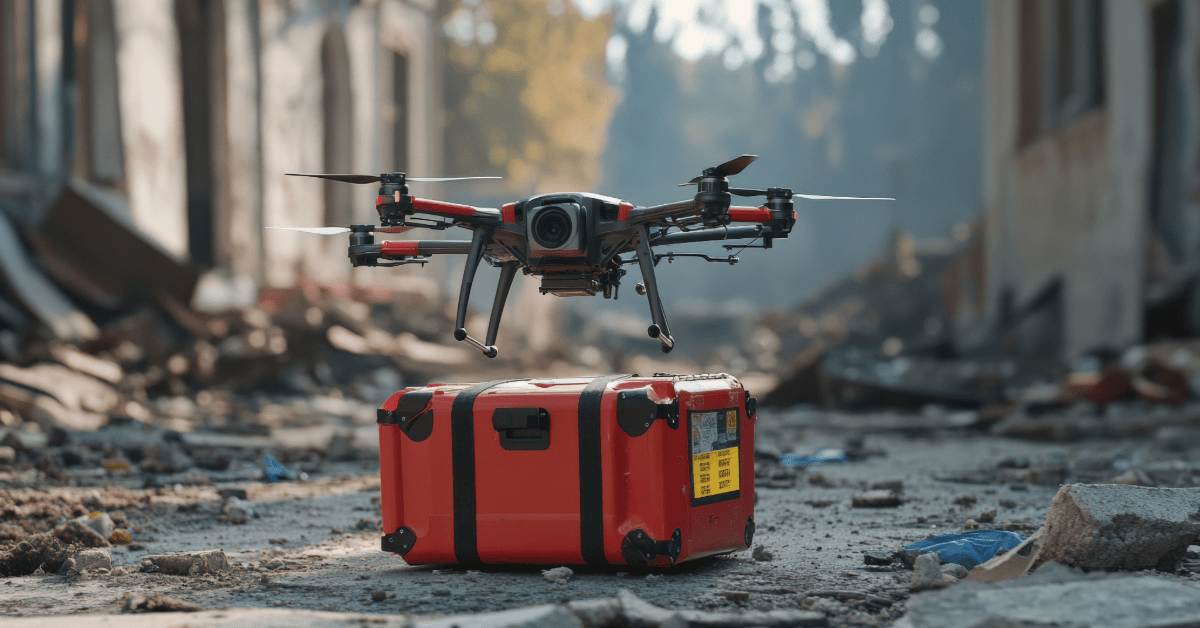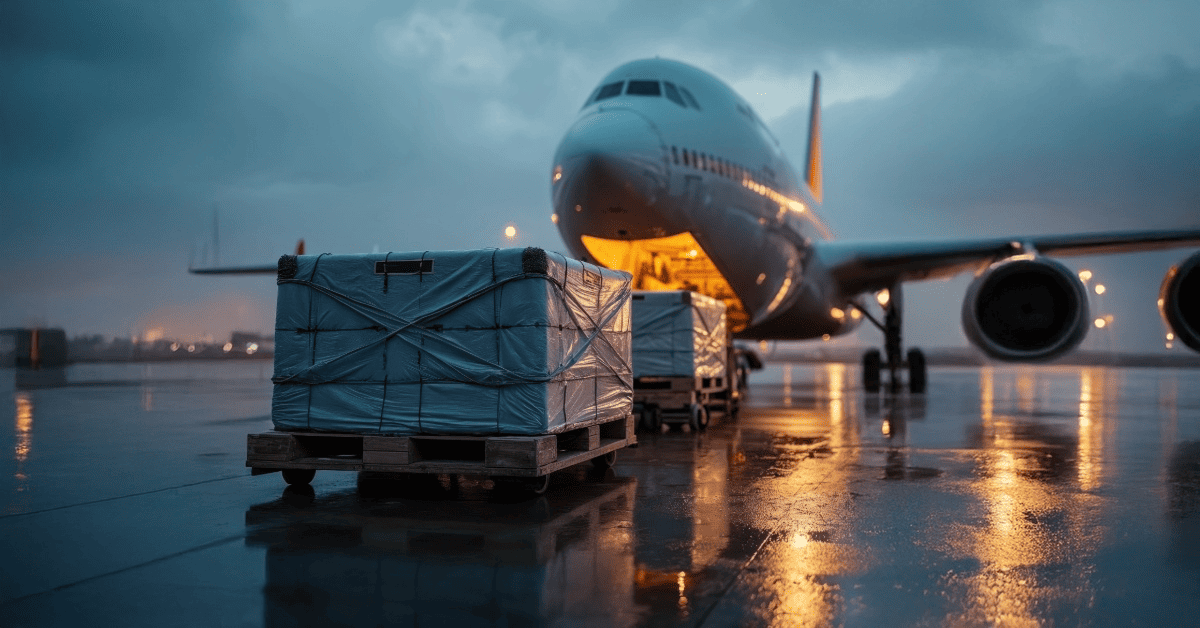What should we be looking out for in 2020, and what does the future of the logistics market entail? Companies around the world are heavily increasing their efforts to scale up and meet future consumer demands, by not only modernising their approaches but also revolutionising their digital innovations and developing new initiatives to overcome challenges and adapt to a changing landscape.
There are an ever-growing number of trends shaping the global parcel and postal industry in 2020 and beyond, so what is the future of logistics looking like and how can operators stay competitive and relevant in today’s market?
Growing sustainability-focused initiatives and creating climate-friendly logistics:
The green product revolution is transforming consumer expectations and is being embedded in business strategy. There are a few questions currently being faced by the global parcel and postal market. How are businesses and governments across the world meeting challenges, to set out their environmental agendas as part of ambitious targets of becoming a zero-emissions economy by 2050? How are the transport and logistics sectors feeding into these plans by implementing smarter transport solutions?
Smart, sustainable transport and responding to climate change challenges:
The transport and logistics sectors can play a significant role in hitting targets by implementing smarter transport solutions, including embracing new technologies, innovative thinking and closer collaboration with policymakers and partners. The so-called green product revolution is a broad, technology-driven transformation in terms of customers preferences and companies are having to prepare for such challenges.
Companies, such as FedEx, are opting for sustainable approaches by upgrading their planes to more efficient ones that deliver enhanced and increased technology and improved fuel efficiency and reduced emissions.
A major turning point for the future of transport has been the electrification of vehicles, battery-powered vehicles present an opportunity for the logistics section.
Trunk-routing is another innovation being adopted, driven by land-based smart transport, embracing commercially viable technology.
A mounting number of sustainable initiatives are being implemented by the logistics industry from; automated self-driving vehicles, autonomous drones and robots, the industry is currently being reshaped and transformed.
Our software is customer-centric and reduces carbon footprint using push notifications, SMS and email, resulting in increased delivery rates, minimising redeliveries for operators. It is also integrated with a majority of pick-up and drop-off collections points, which allows for fewer journeys to be made. This leads to a higher chance of successful deliveries, in addition to our route optimisation which increases efficiency levels. Here at HypaShip, we are continuously looking to grow our sustainability-focused initiatives to create climate-friendly logistics.
June 2020





